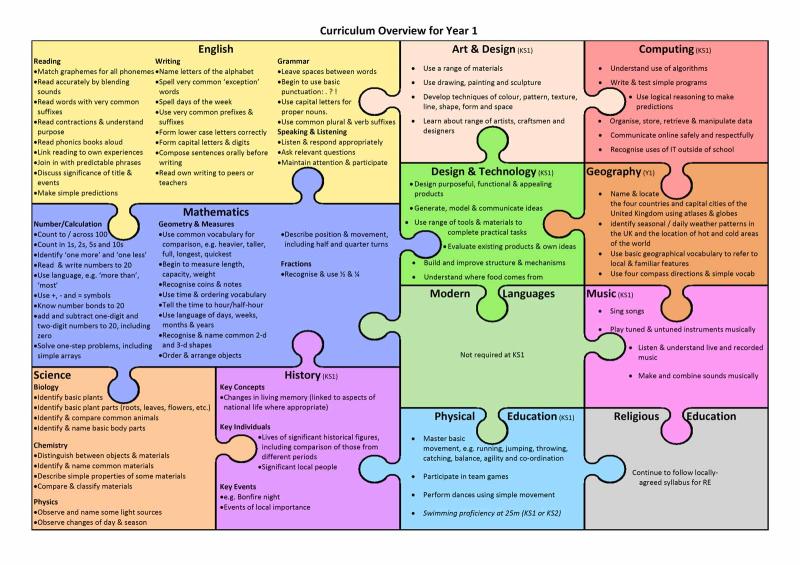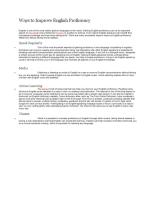What does it mean to know a language?
Knowing a language encompasses a range of abilities and proficiencies that enable effective communication and comprehension. It involves more than just the ability to speak, as language proficiency is multifaceted and includes several key components:
Language Proficiency Components:
Speaking: The ability to articulate words, phrases, and sentences fluently and accurately in conversations.
Listening: Understanding spoken language, including different accents, dialects, and varying speech speeds.
Reading: Comprehending written texts, from basic sentences to complex literature, articles, or technical documents.
Writing: Expressing thoughts, ideas, or information coherently and accurately in written form.
Levels of Language Proficiency:
Language proficiency is often categorized into different levels, typically aligned with frameworks like the Common European Framework of Reference for Languages (CEFR) or the American Council on the Teaching of Foreign Languages (ACTFL) Proficiency Guidelines. These levels might include:
- Beginner: Basic vocabulary and simple sentence structures.
- Intermediate: Improved vocabulary, ability to handle more complex sentences and engage in basic conversations.
- Advanced: Greater fluency, comprehension of nuanced language, and proficiency in various contexts (academic, professional, social).
Implications of Language Proficiency:
- Communication: Proficiency allows effective communication with native speakers and other learners of the language.
- Cultural Understanding: Knowing a language often facilitates a deeper understanding of the associated culture, customs, and traditions.
- Education and Career: Strong language skills can enhance educational opportunities, career prospects, and international job opportunities.
- Personal Growth: Learning a language can stimulate cognitive abilities, enhance problem-solving skills, and foster empathy and cross-cultural understanding.
Continuous Learning:
Language proficiency is not static; it's a dynamic skill that evolves over time with practice and exposure. Individuals can continually improve their language skills through immersion, practice, formal education, and exposure to native speakers or authentic language materials.
Conclusion:
Knowing a language involves more than mere memorization of words; it encompasses the ability to communicate effectively, comprehend, and appreciate the cultural nuances embedded within the language. It's a valuable skill that offers numerous personal, professional, and social benefits.
1. Defining Language Proficiency and Its Various Components
Language proficiency refers to the ability to use a language effectively in various contexts. It encompasses a range of skills, including comprehension, production, and fluency.
Comprehension involves understanding the meaning of written and spoken language. It includes the ability to:
- Read and comprehend texts of various levels of complexity
- Listen to and understand conversations and lectures
- Interpret non-verbal communication, such as gestures and facial expressions
Production involves using language to express oneself effectively in both spoken and written forms. It includes the ability to:
- Generate grammatically correct and meaningful sentences
- Compose coherent and organized texts
- Speak fluently and accurately
Fluency is the ability to use language smoothly and effortlessly. Fluency is often measured by the speed and accuracy of speech, as well as the ability to recover from mistakes.
Assessing language proficiency through standardized tests, certifications, and practical evaluations
Several methods are used to assess language proficiency. These include:
Standardized tests are designed to measure a specific language skill or group of skills. Examples include the TOEFL (Test of English as a Foreign Language) for English, the DELF (Diplôme d'Études en Langue Française) for French, and the HSK (Hànyǔ Shuǐpíng Kǎoshì) for Chinese.
Certifications are issued by language institutions to demonstrate proficiency in a particular language. Examples include the DELE (Diploma de Español como Lengua Extranjera) for Spanish and the CAE (Certificate of Advanced English) for English.
Practical evaluations involve observing and evaluating a person's ability to use language in real-world situations. This can be done through interviews, role-plays, or written assignments.
Recognizing the importance of language knowledge and skills for communication, education, and social interaction
Language is essential for effective communication, education, and social interaction. It allows us to:
- Connect with others and build relationships
- Learn new information and ideas
- Participate in society and contribute to its development
Language proficiency is particularly important for individuals who wish to:
- Migrate to another country
- Study abroad
- Advance their careers
By improving their language skills, individuals can expand their opportunities and enhance their quality of life.











